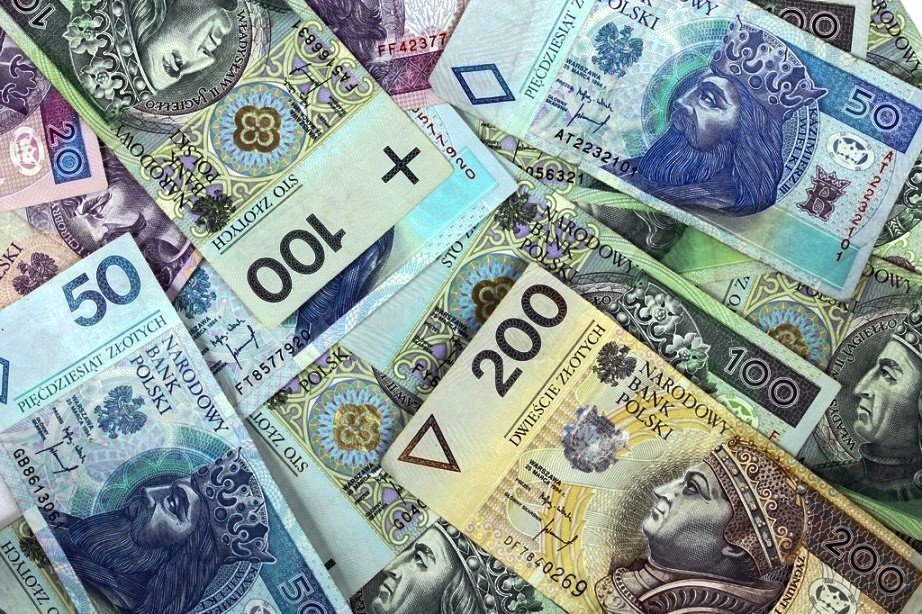Over 80 percent of Poles do not want cash to be withdrawn from circulation, according to a poll conducted by the Economic and Social Research Institute IBRiS for Radio ZET.
Only 15.8 percent of respondents would like credit card, smartphone, and smartwatch payments to completely replace traditional cash payments.
Of this group, 3.4 percent said no-cash payments should definitely replace cash while 12.4 percent leaned towards believing cash should be completely abandoned.
However, the vast majority of people were against abolishing cash. The poll showed 66.5 percent of respondents were strongly against moving away from cash and 14.6 percent were “rather against” it. Just 3.1 percent of respondents had no opinion on the matter.
[pp id=50390]
Elderly and young Poles alike do not want e-payments to replace cash payments. Ninety percent of Poles between the age of 18 and 29 do not support getting rid of coins and cash bills, while 83 percent of Poles aged 60 to 70 years do not want cash to be replaced.
Respondents aged over 70 years are the least opposed to a cashless system, with only 58 percent against it.
Poland is not the only country with a population skeptical of abolishing cash. Germany and Austria are two other European countries with populations increasingly against the idea. In fact, over 500,000 Austrians, out of a population of 8.9 million, signed a petition to launch a referendum to make cash payments a constitutionally protected right.
Other countries, such as Sweden, have enacted laws to ensure society continues to have access to cash and the ability to make payments in cash. However, if Austria enshrines the right to cash payments in the constitution, it would mark the most dramatic step yet in Europe to secure cash payments in the future.
Privacy and civil rights organizations have long advocated the right to cash with the argument that privacy, civil liberties, and finical security are at stake. Abolishing cash would force citizens to conduct all transactions through a digital medium, such as mobile payments, credit cards, or digital currencies. Banks and electronic mediums remain vulnerable to hacker attacks and even natural disasters, for example, if the power grid were to be knocked out. The Swedish Civil Contingencies Agency, which is a part of the Ministry of Justice, warned in a report that a totally cashless society would be extremely vulnerable if the country were attacked or exposed to a natural disaster
For those concerned about privacy, such as those in Germany and Austria, digital payments give law enforcement and government authorities a direct window into all transactions.
Even more worrying for some, digital money could one day be linked to political and social behavior in Western countries via a social credit system, as seen in China. Already, during the “Freedom Convoy” trucker protests against Covid-19 policies in Canada, the left-wing government of Justin Trudeau took the unprecedented step of freezing the bank accounts of protesters. Although civil liberty groups decried the authoritarian action as a flagrant abuse of power, many critics worry that the action could now serve as a template to deal with protesters and dissent in the future.
If dissidents and those critical of government cannot keep their money outside the digital space, then they will have nowhere to hide their finances should governments, like the one in Canada, take action against them.





